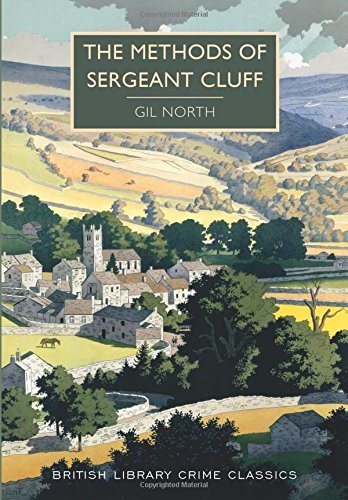What do you think?
Rate this book


160 pages, Paperback
First published January 1, 1961
Cluff climbed to his feet, a mourner at the death of a marriage that could not be broken while they lived, because this was Gunnershaw and they lived in Rupert Street and were middle-aged and had to exist, both of them, on the pittance the man earned, because, more than anything, they were respectable and the wife could not tolerate, if the husband could, what the neighbours would say. The man could no longer deceive himself about the extent of his wife's disloyalty. Everything between them was finished and had to go on still, as it had always done.
"Do you have proof for that"
"It's true all the same."
